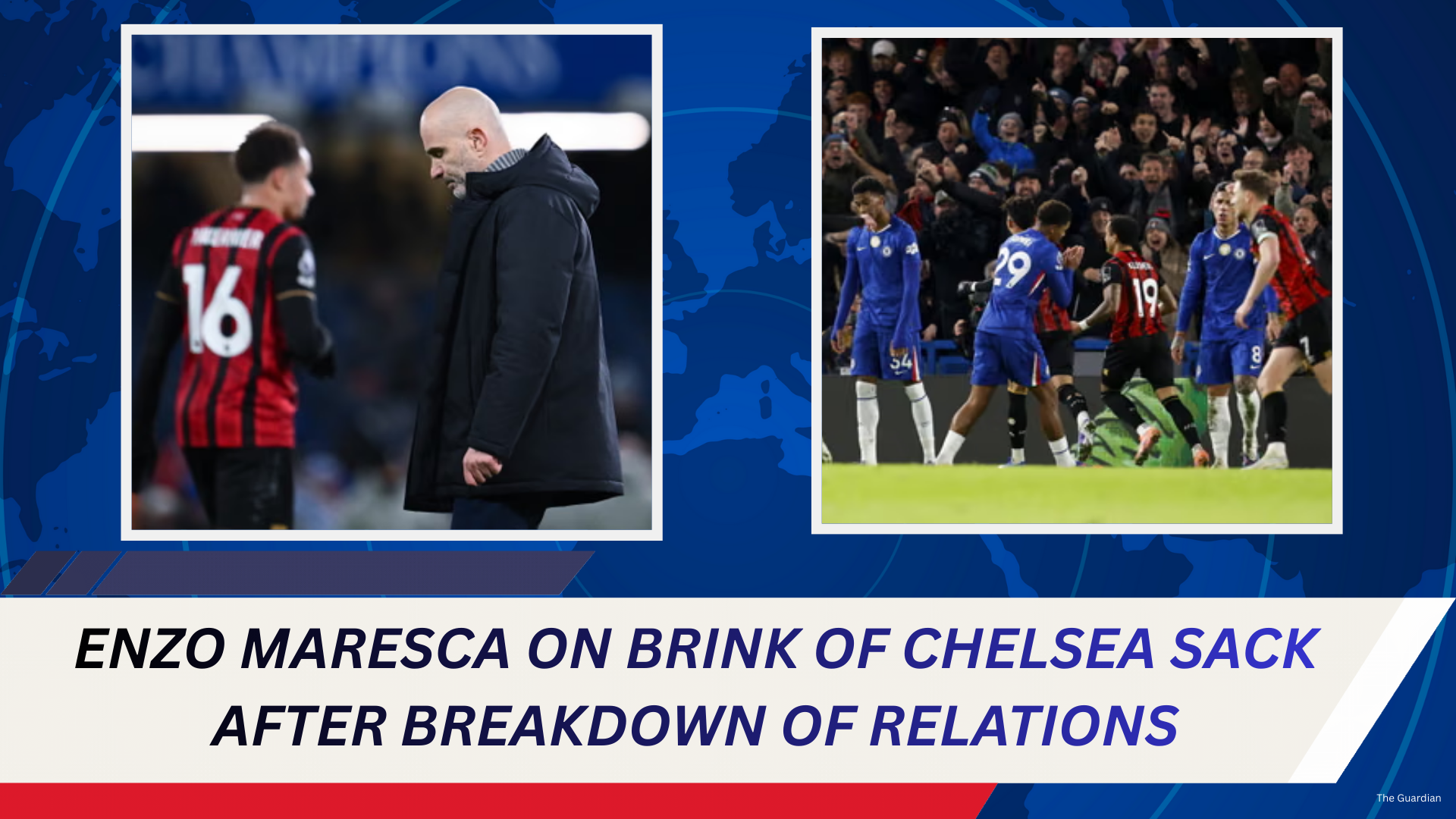BUENOS AIRES — Argentine football fans gathered in their thousands Thursday to pay their final respects to Miguel Ángel Russo, the beloved Boca Juniors manager and one of the most respected figures in the nation’s football history.
From dawn, crowds wrapped in blue and yellow — Boca Juniors’ iconic colors — lined the streets around La Bombonera, the club’s legendary stadium, to bid farewell to Russo, who passed away Wednesday at the age of 69.
His coffin, draped in the flags of Boca Juniors and Estudiantes de La Plata, the two clubs that defined his life in football, was placed inside a small chapel within the stadium. Supporters entered one by one, some crossing themselves, others singing softly or whispering words of thanks to a man who symbolized dignity, perseverance, and love for the game.
A Farewell Fit for a Boca Legend
The atmosphere at La Bombonera was emotional but calm — less a celebration and more a collective act of gratitude. Supporters waved banners that read “Gracias Miguel” and “Eterno Russo,” while a giant mural outside the stadium bore his image beside Boca’s crest.
Russo’s family, including his wife and children, stood quietly by the casket as fans filed past. Current and former players, club officials, and coaches from across Argentina attended the ceremony, including Boca captain Marcos Rojo, ex-forward Carlos Tevez, and former teammate Juan Sebastián Verón.
“Miguel gave everything for Boca,” said Pasallo, a 34-year-old fan with the club’s crest tattooed on his arm. “He lived with the same passion we do. We’re going to say goodbye like Boca fans do — with love and pride.”
While some supporters brought drums and flags, the mood remained deeply reflective. For many, it was not just the loss of a coach but the passing of a man who embodied the soul of Argentine football — humble, intense, and unwaveringly loyal.
A Life in Football
Born in 1956 in Buenos Aires Province, Miguel Ángel Russo dedicated his entire playing career to Estudiantes de La Plata, where he became a respected midfielder known for his intelligence and leadership on the pitch. He played more than 400 matches for the club between 1975 and 1988, captaining the team through both highs and lows before transitioning into management.
As a coach, Russo’s career spanned over three decades and nearly 30 clubs, but he will always be most closely associated with Boca Juniors, the team he guided to international glory.
In 2007, Russo led Boca to the Copa Libertadores title, South America’s most prestigious club competition, with a team powered by the brilliance of Juan Román Riquelme. That triumph solidified his reputation as a tactician capable of balancing discipline and flair — a man who commanded respect without ego.
Russo later returned to Boca twice more, including a memorable stint in 2020–21, when he helped the club reclaim the Argentine Superliga title.
Quiet Strength Through Adversity
Russo’s career was defined as much by perseverance as by victory. Diagnosed with prostate cancer in 2017, he continued coaching through treatment, embodying the resilience that endeared him to fans and players alike.
Even as his health declined in recent months, he remained dedicated to the sport. In June, he agreed to manage Boca Juniors for a third time, though he had been absent from the sidelines since September 21 as his condition worsened.
The club never officially detailed the cause of his passing, but Argentine media reported that he had suffered from complications following an infection.
“Football was his life,” said a tearful fan named Julieta, clutching a Boca scarf near the stadium gates. “He fought to the end — not just for himself, but for us, for the love of the colors.”
Tributes From Across the Football World
Messages poured in from across Argentina and beyond. Lionel Messi, who met Russo several times at national events, posted on Instagram:
“A great person and a great coach. Rest in peace, Miguel. Thank you for everything you gave to Argentine football.”
Former Boca stars Carlos Tevez, Riquelme, and Martín Palermo also paid tribute, recalling Russo as “a father figure,” “a mentor,” and “a true gentleman of the game.”
At Rosario Central, one of the clubs he once managed, players held a minute of silence during training. At Estudiantes, where his playing career began and ended, the club lowered its flags to half-mast and opened its stadium for fans to sign a book of condolences.
“He Represented Everything Good About Football”
During a brief speech at the Bombonera send-off, Boca president Juan Román Riquelme praised Russo not just for his achievements but for his humanity.
“Miguel never needed to raise his voice to be respected,” Riquelme said. “He represented everything good about football — humility, commitment, and heart.”
Russo’s close friend and assistant coach Leandro Somoza added that his mentor “taught everyone around him that football is about people first, trophies second.”
Those values, fans say, explain why the turnout at La Bombonera stretched well into the evening — a sea of blue and gold mourning not just a coach, but a man who lived the game the right way.
A Legacy That Endures
Russo’s death leaves a deep void in Argentine football, but also a powerful legacy. His teams were known for their tactical discipline and collective unity — qualities that reflected his personality.
At a time when football often feels consumed by business and celebrity, Russo stood out for his humility. He was rarely seen in the spotlight and often deflected praise toward his players and staff.
“Miguel taught us to win with class and lose with dignity,” said a former Estudiantes player who attended the wake. “That’s why people loved him — not because of the trophies, but because of who he was.”
As night fell over Buenos Aires, fans continued to chant his name. The lights of La Bombonera glowed softly against the skyline, illuminating a banner that read simply:
“Gracias, Miguel. Eternamente en nuestro corazón.”
%20(4).png)



.jpg)
.png)

.png)
.png)
